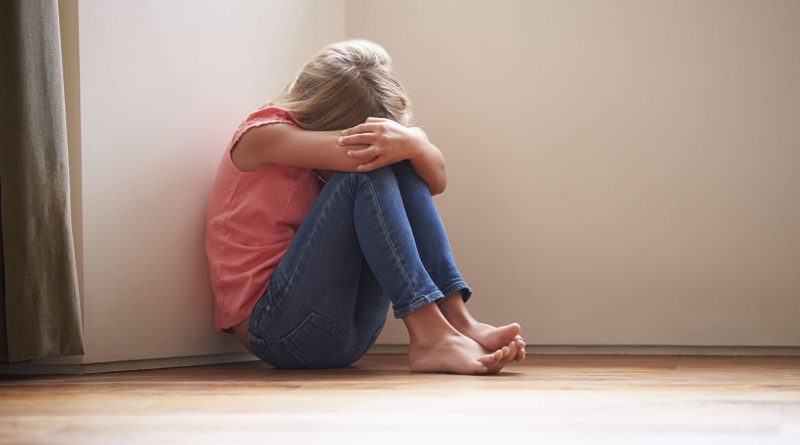Depression in a child
Depression in children. They talk little about their affairs, are nervous, irritable, have learning difficulties, sometimes complain of headaches, have no appetite. Since the symptoms do not interfere with the child's functioning, they are sometimes downplayed, and childhood depression often remains undiagnosed.
Experts warn that depressive disorders are affecting children at an increasingly young age. The statistics are alarming. They report that deep depression occurs in 1% of preschoolers, about 2% of school-aged children and nearly 8% of adolescents. Nearly 40% of elementary school children have no sense of purpose in life, and nearly 30% have suicidal thoughts.
Jakie są objawy depresji u dziecka?
Psychological literature describing childhood depression presents various aspects of it. It often manifests itself in negative self-perception. Other symptoms may include frequent illness and various somatic complaints. Depression can manifest as isolation from peers, lowered mood, apathy, feelings of irritability, and slowed movement.
The child cannot express his own feelings or describe the problems he is experiencing. He will not say that he is depressed or anxious, because such concepts are alien to him. Instead, he complains of feeling unwell, is apathetic, avoids contact with the environment. It has vegetative complaints - palpitations, increased sweating of the body, abdominal pains, diarrhea alternating with constipation. It manifests an aversion to food, to physical activity, and has sleep disorders.
Pre-school children suffering from depression may show a delay or regression in development, for example - the child is unable to perform activities that he has already mastered. The child's appearance is also characteristic: sad facial expression, anxiety.
Remember, however, that similar symptoms can accompany serious somatic diseases, so they should first be ruled out. If the pediatrician finds no internal medicine causes of malaise, you need to go with your child to a psychiatrist.
Untreated depression lasts a long time - months or even years. It rarely subsides on its own. In teenagers, it can lead to risky behavior (turning to alcohol, drugs) and even suicide attempts.
Where to look for the cause of depression in children?
The reasons are quite complicated. The occurrence of depression in a child depends on the child's individual biological and psychological characteristics, on the environment - family interactions, with peers, at school, etc.
When describing depression in children, specialists mention so-called endogenous depression, that is, depression that does not result from specific life events. Young patients suffer from this disease as a result of biochemical dysfunction. A child with endogenous depression may be surrounded by love, live in a safe home, have no problems at school, and yet feel unwell.
Another cause of depression in children is social and social conditions in the surrounding reality. And it is by no means that the child is worried about the material situation of the family, unemployment or the uncertainty of tomorrow. One can point more to the atmosphere at home and the prevailing family relationships. When parents are upset, full of negative emotions, it makes the child lose his sense of support, security and safety.
For many children, school is also stressful. Of course, we are not talking about grades or a very demanding teacher, because such anxieties have existed as long as schooling. It would be more appropriate to draw attention to the omnipresent competition or, as it is now called, the "rat race." A child is expected to compete and win against the competition from an early age. If he is less capable, does not manage to meet the bar set, anxiety, frustration, resentment builds up in him. He blames himself for the disappointment caused to his parents, and this leads to depressive disorders.
Confirmation and treatment of depression in children
Confirmation of the diagnosis that a child is suffering from depression is provided by psychological tests, developed separately for each age group. They make it possible to assess the problem and determine appropriate treatment. The treatment model for depression in children and adolescents should be a holistic model, taking into account broadly the development of the child and the life cycle of the family. In addition to individual psychotherapy and family therapy, there may also be a place for medication.
The task of parents and adults is to help a young person find happiness and feel contentment with himself. To show that life is worth living and striving. If necessary - with the participation of a specialist.
Parents who notice disturbing symptoms in their children's behavior are invited to consult the CM Luxmed psychological and psychiatric clinic. See the list of doctors "

